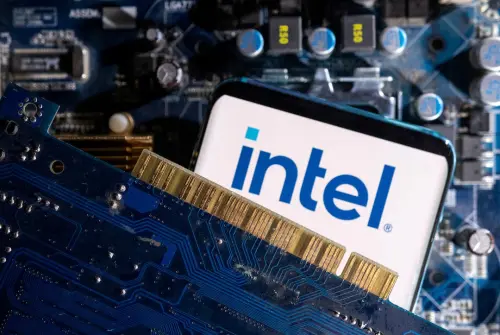On February 15, Reuters reported that Intel's competitors, Taiwan Semiconductor Manufacturing Co and Broadcom, are examining potential deals that could split the U.S. chipmaking giant.
Broadcom has been closely analyzing Intel's chip design and marketing business and has discussed a potential bid with its advisers. However, they are likely to proceed only if they secure a partner for Intel's manufacturing division.
Separately, TSMC, the world's largest contract chipmaker, has been exploring the possibility of taking control of some or all of Intel's chip plants, potentially within an investor consortium.
The discussions between Broadcom and TSMC are at an early stage and informal. Intel's interim executive chairman, Frank Yeary, has been engaging with potential suitors and U.S. government officials to address concerns regarding the company's national security importance.
Yeary's primary focus has been on maximizing value for Intel shareholders. At present, Intel, Broadcom, TSMC, and the White House have not responded to inquiries from Reuters.
Following reports that TSMC was considering acquiring a controlling stake in Intel's factories at the behest of President Donald Trump's administration, a White House official expressed reservations about foreign entities operating Intel's U.S. chip factories.
Former Intel CEO Pat Gelsinger's optimistic projections about Intel's manufacturing and AI capabilities resulted in the company losing contracts and customers. This contributed to Intel's significant decline in share value last year as its intensive investment in manufacturing strained its cash flow and led to a workforce reduction.
